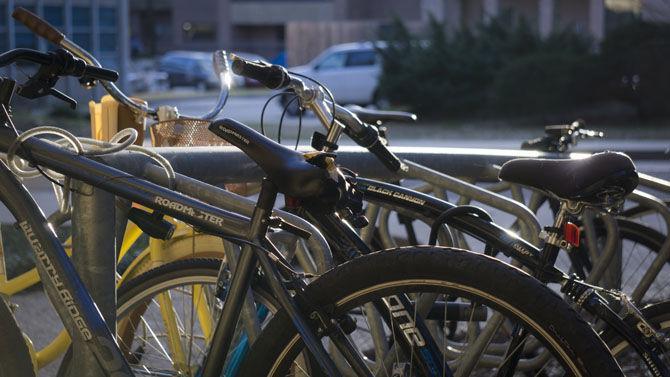Over the course of the last year, the University has announced many initiatives aimed at making the campus more sustainable and obtaining awards recognizing campus sustainability. This effort has led to the University being included on The Princeton Review’s 2016 list of top green colleges in the nation.
Now, the University is going for the big one.
In September 2017, the University plans to submit an application to the Association for the Advancement of Sustainability in Higher Education’s Sustainability Tracking Assessment and Rating System, known as STARS.
The University first applied for the program in 2012 and received a Silver rating that has since expired. In the intervening time, many things have changed.
“We have taken some significant steps since 2012 [when we received a Silver-level STARS certification] with respect to sustainability at LSU, so I am hoping we can be certified at the Gold level this time,” Campus Sustainability Manager Sarah Temple said in a statement. “The important thing, though, is that we continue to monitor, track and report on our progress in sustainability. STARS really challenges universities to operate as sustainably as possible, as it covers such a wide range of areas, including Academics, Operations, Planning and Engagement.”
The STARS program is a transparent, self-reporting framework that measures the sustainability performance of colleges and universities. It takes into account academics, operations, planning and engagement.
The application process is rigorous and requires lots of compiled data, Temple said. Research shows that many prospective college students take into account whether or not a campus is “green” when considering which college to attend.
“We can add recruitment to the long list of why we strive to improve and increase our sustainability efforts every day,” Tammy Millican, executive director of facility planning and oversight said in a statement.
The University’s application cites degree programs and classes from the College of the Coast and Environment and College of Agriculture and examples of student engagement like the “Refills Not Landfills” event in which the University gave away over 300 stainless steel reusable water bottles.
Also included are the Campus Committee for Sustainability and various programs the University has recently implemented or will implement in the near future, like bikeshare, the student-run Hill Farm and the Student Sustainability Fund.










